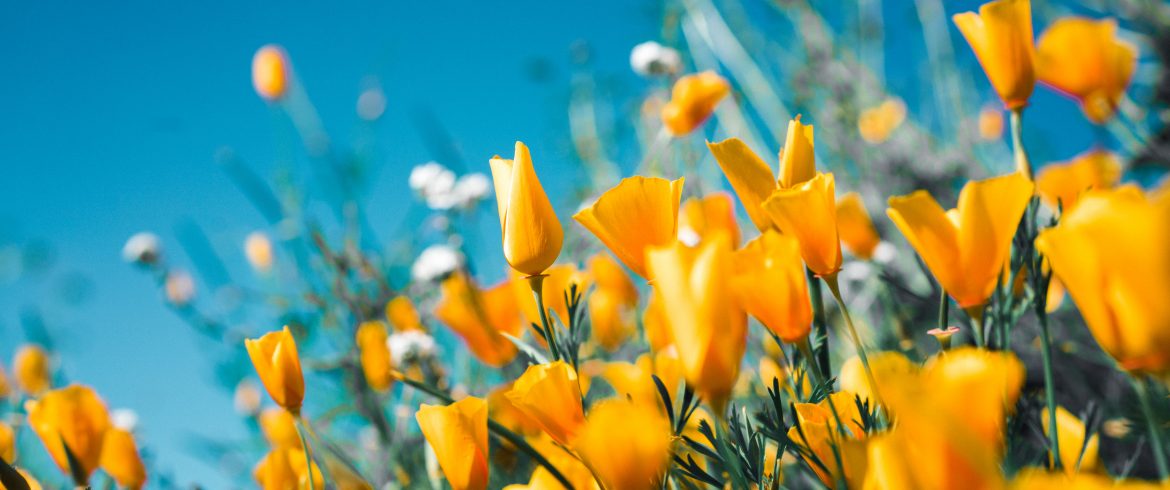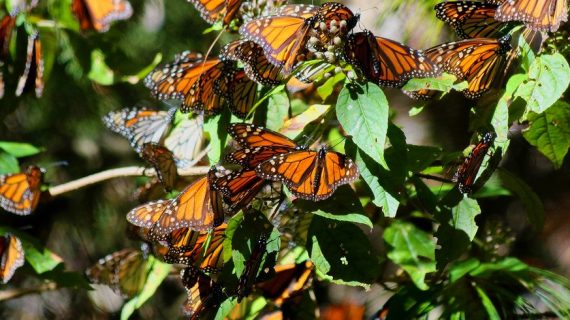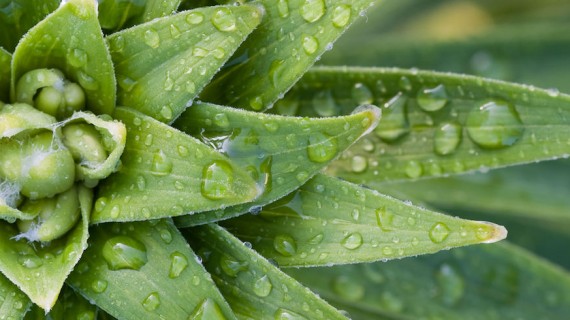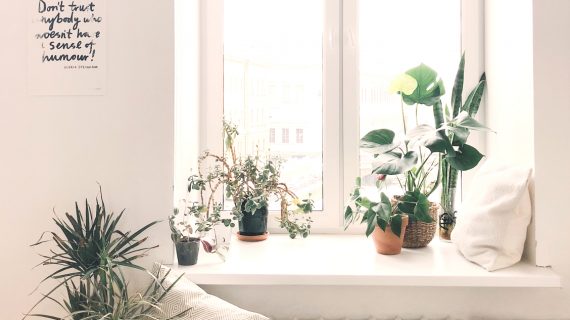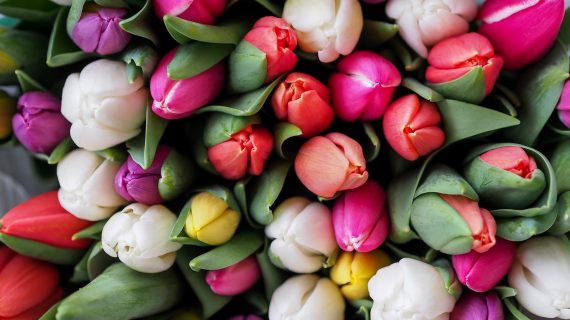As scientists have been saying for some years, bees are facing a real extinction. Enriching your green space, even though it is small, by focusing on honey plants rich in nectar and flowers for bees, is an idea to help these small insects so precious for our survival. But, which are the plants to choose and sow in the garden (or on the terrace) for this purpose?
You do not need to have green fingers to make a difference and create a bee-friendly space. It is enough to know the most suitable flowers and plants and choose species that are easy to take care of. Passion flower, which grows up very quickly, jasmine and ivy are just some examples.
Let’s see together which flowers and plants to choose to help bees and butterflies!
Bee-friendly plants for your balcony
If you have just one balcony or a windowsill, opt for citrus fruits, as they are really appreciated by bees and butterflies. With a simple little gesture you can do something to help them.
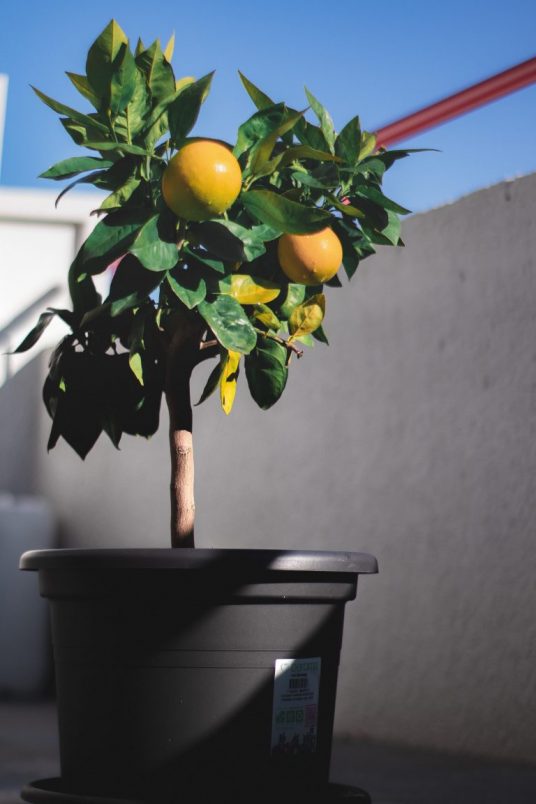
Flowers to save bees and butterflies in the garden
If you have a garden, grow a clover lawn. Then, plant flowers close together. This is because the colour splashes are an irresistible attraction for bees and butterflies.
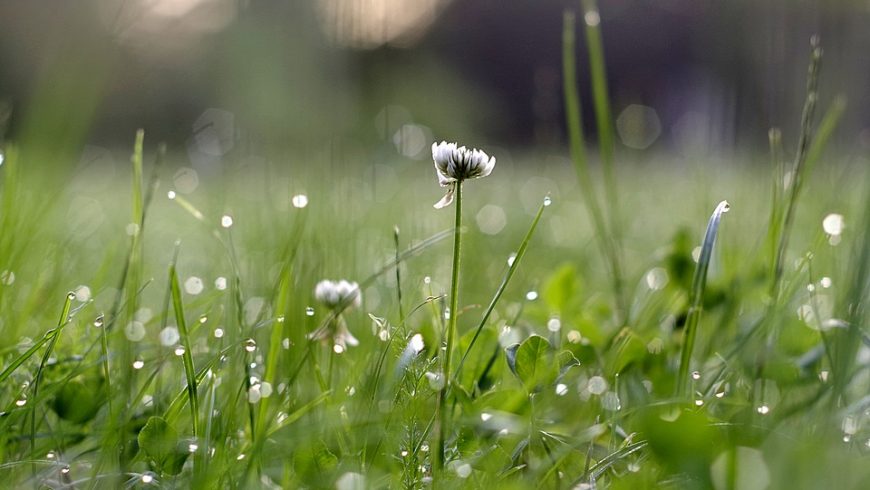
Among the most useful flowers for their survival are primroses and some bulbous, including hyacinths and narcissuses.
Bulbs can be matched either with each other or with other species of flowers, such as roses, or intercalated with turfs.
Finally, spring-flowering bulbs do not require direct sunlight, on the contrary, a partially sunny place so that flowers last longer.

For arrangements with colour effects, plant the bulbs in bunches of a dozen or more. Also, avoid damaging your garden by cutting off the flowers to decorate your house. For this purpose, you could instead plant bulbs in a vegetable garden or somewhere set apart.
How your green corner can help bees and butterflies
As we all know, the city is characterized by chaotic life. For this reason, increasing vegetation is important both for us and for bees and butterflies. Favouring an environment rich in hedges, green spaces, wildflowers, but also eliminating pesticides and giving continuity to different habitats, is essential to allow the life of these small insects.
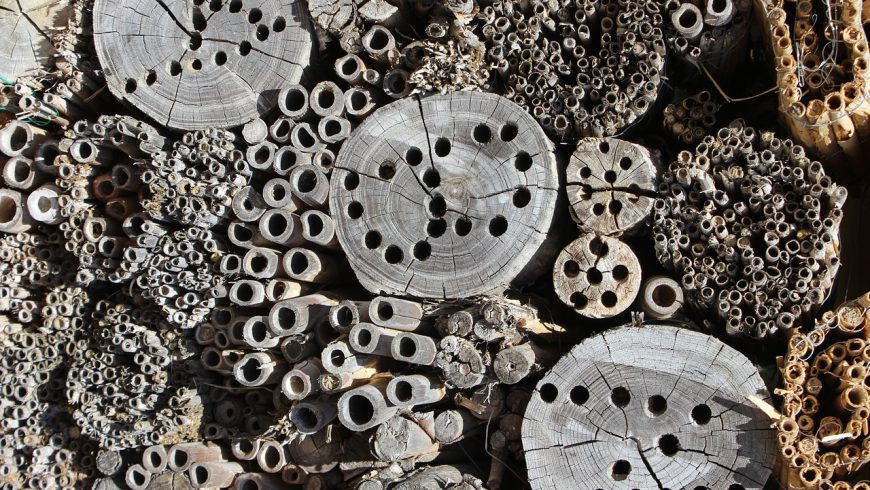
Besides growing flowers and plants, what else can you do for bees and butterflies?
- More water: bees like human beings are thirsty and need to be hydrated. To do this, you need a deep saucer with some clay balls inside or a few caps so the bees do not drown.
- A house for insects: bamboo or paper straws, perforated bricks, wood, or straw are enough to create their house. It should be placed no more than 0,06 miles from the flowers so that they always have food available. This house is ideal for solitary bees which are very good at pollinating but do not produce honey.
Flowers that help bees and butterflies
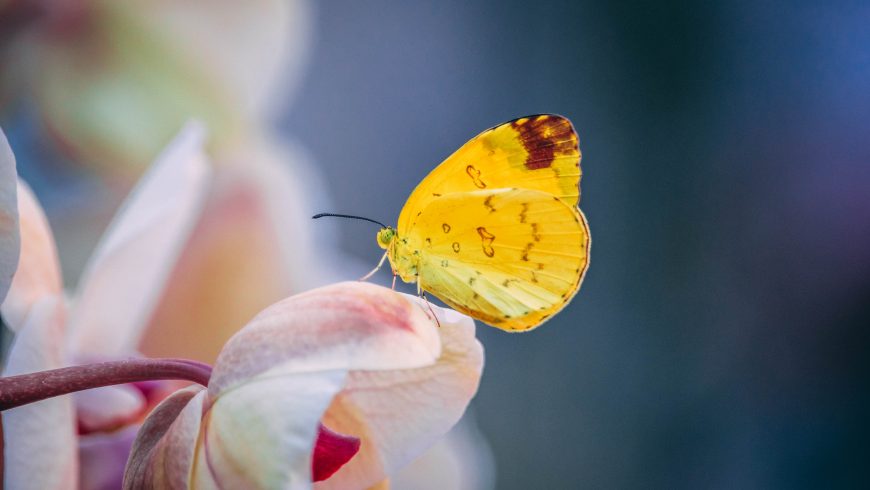
Enrich your garden with seasonal flowers of many different colours and sizes.
In Spring you can plant:
- tulips
- chive
- rosemary
- marigold
- thyme
In Summer:
- borage
- sage
- lavender
- basil
- phlox
- sunflower
In Autumn:
- autumnal fennel
- Jerusalem artichoke
- chrysanthemum
Planting a flower is a small gesture, but it can be really useful to bees and butterflies.
Cover image: photo by Sergey Shmidt on Unsplash
